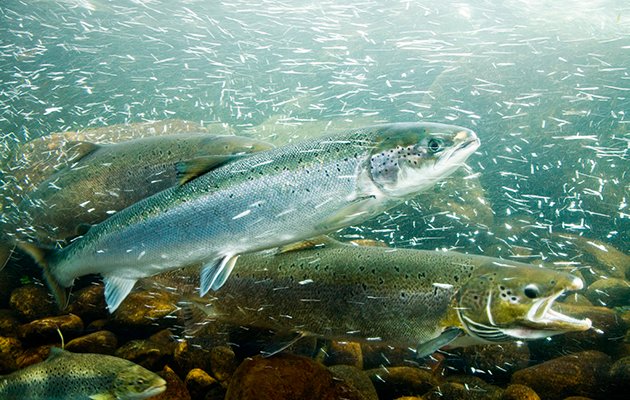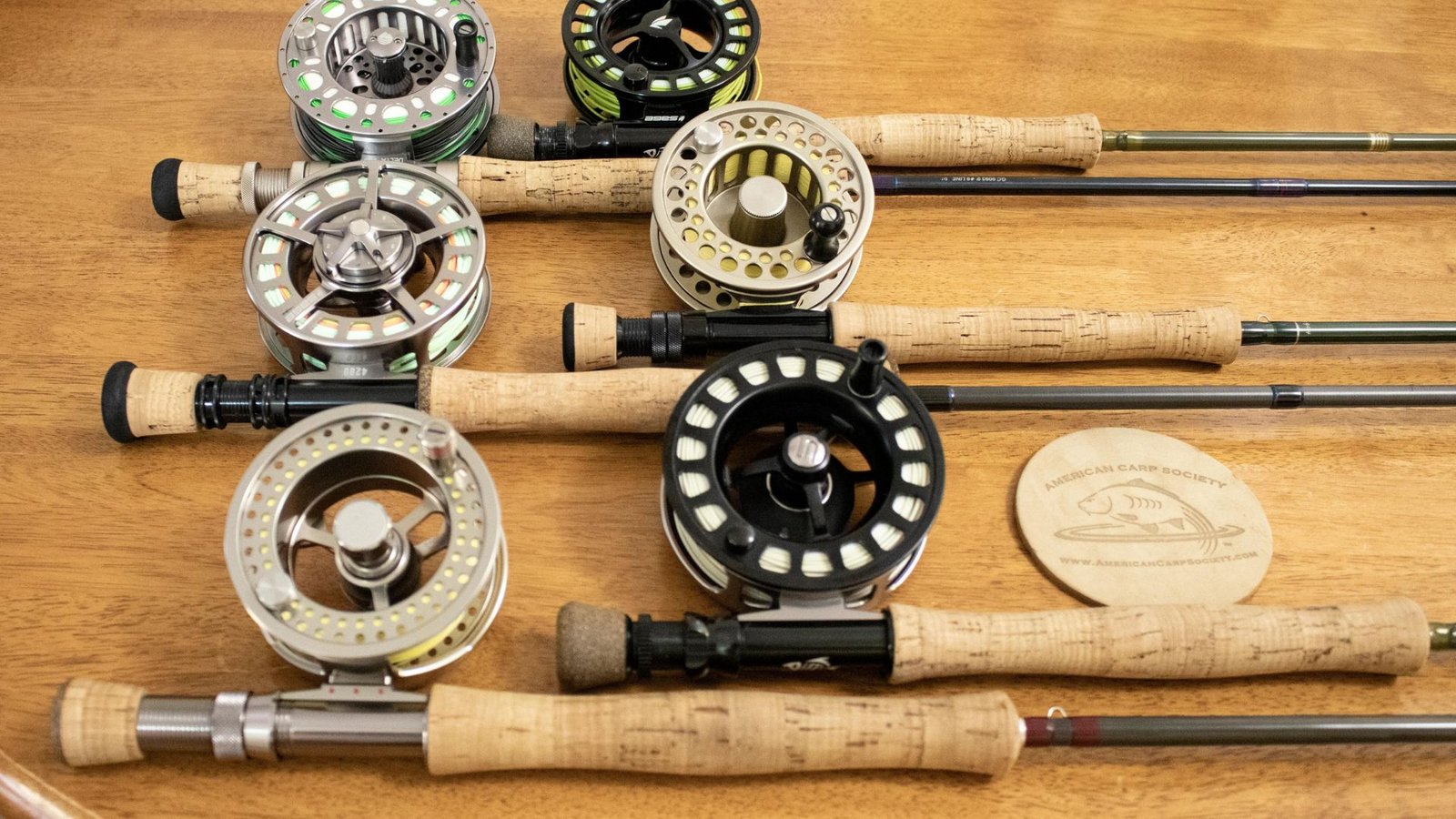Salmon fishing isn’t just a sport; it’s a practice that demands respect for nature and responsible stewardship of our aquatic resources. By adhering to ethical guidelines, anglers can ensure the preservation of salmon populations and the enjoyment of this activity for generations to come. Here are some best practices for salmon fishing ethics that every angler should uphold.
Respecting Catch Limits and Regulations
Ethical salmon fishing begins with understanding and adhering to catch limits and regulations set by local authorities. These limits are in place to maintain sustainable fish populations and protect the ecosystem. Before heading out, familiarize yourself with the specific rules for the area you intend to fish in, including size restrictions, seasonality, and any special regulations that apply.

Best Practices for Salmon Fishing Ethics
Practicing Catch and Release
Catch and release practices are essential for conserving salmon populations, especially during spawning seasons. When practicing catch and release, use barbless hooks to minimize injury to the fish. Handle the fish with wet hands or gloves to protect their delicate skin and scales. Release the fish gently back into the water, ensuring it has fully revived before letting it swim away.
Choosing the Right Equipment
Selecting appropriate gear plays a crucial role in ethical salmon fishing. Use tackle that minimizes harm to fish and maximizes your ability to handle them safely. Consider using circle hooks, which are less likely to cause deep hooking. Opt for sturdy landing nets made of knotless mesh to reduce stress and injury to the fish. Avoid excessive gear or equipment that could potentially harm fish or the environment.
Respecting Wildlife and Habitat
Salmon fishing often takes place in pristine natural environments that support a variety of wildlife. As stewards of these habitats, anglers should minimize disturbance to nesting birds, spawning fish, and other wildlife by observing respectful behavior. Avoid trampling on sensitive vegetation or disturbing stream beds, as these actions can disrupt fragile ecosystems and harm aquatic life. It’s essential to pack out all trash and fishing line to prevent pollution and protect wildlife from entanglement or ingestion hazards. By leaving no trace and respecting the natural environment, anglers not only preserve the beauty and ecological balance of these habitats but also ensure that future generations can continue to enjoy the serenity and biodiversity that characterize salmon fishing in these pristine landscapes
Educating Others and Promoting Conservation
Ethical anglers play a vital role in educating fellow anglers and the broader community about responsible fishing practices and conservation efforts. Share your knowledge about sustainable fishing techniques, such as catch and release methods and the use of environmentally friendly gear. Emphasize the importance of habitat preservation and the role healthy ecosystems play in sustaining salmon populations. Encourage others to join you in participating in local conservation initiatives or volunteering with organizations dedicated to protecting salmon and their habitats. By actively engaging in these efforts, anglers can amplify their impact and contribute to the long-term health and sustainability of our fisheries. Through education and advocacy, ethical anglers help build a community committed to preserving our natural resources and ensuring that future generations can continue to enjoy the thrill and beauty of salmon fishing.
Conclusion
In conclusion, fishing for salmon is not just about the thrill of the catch; it’s about fostering a deep respect for nature and ensuring the sustainability of our fisheries. By following ethical guidelines, anglers can contribute to the conservation of salmon populations and preserve the beauty of our natural landscapes for future generations to enjoy. Each catch represents a delicate balance between human enjoyment and environmental responsibility, emphasizing the importance of practicing catch and release, respecting catch limits, and minimizing environmental impact. These actions not only support the longevity of salmon populations but also maintain the health of aquatic ecosystems and the biodiversity they support. Ultimately, ethical salmon fishing ensures that the joy and challenge of fishing can be passed down to future anglers, preserving our natural heritage and the wilderness habitats that define our outdoor experiences.




